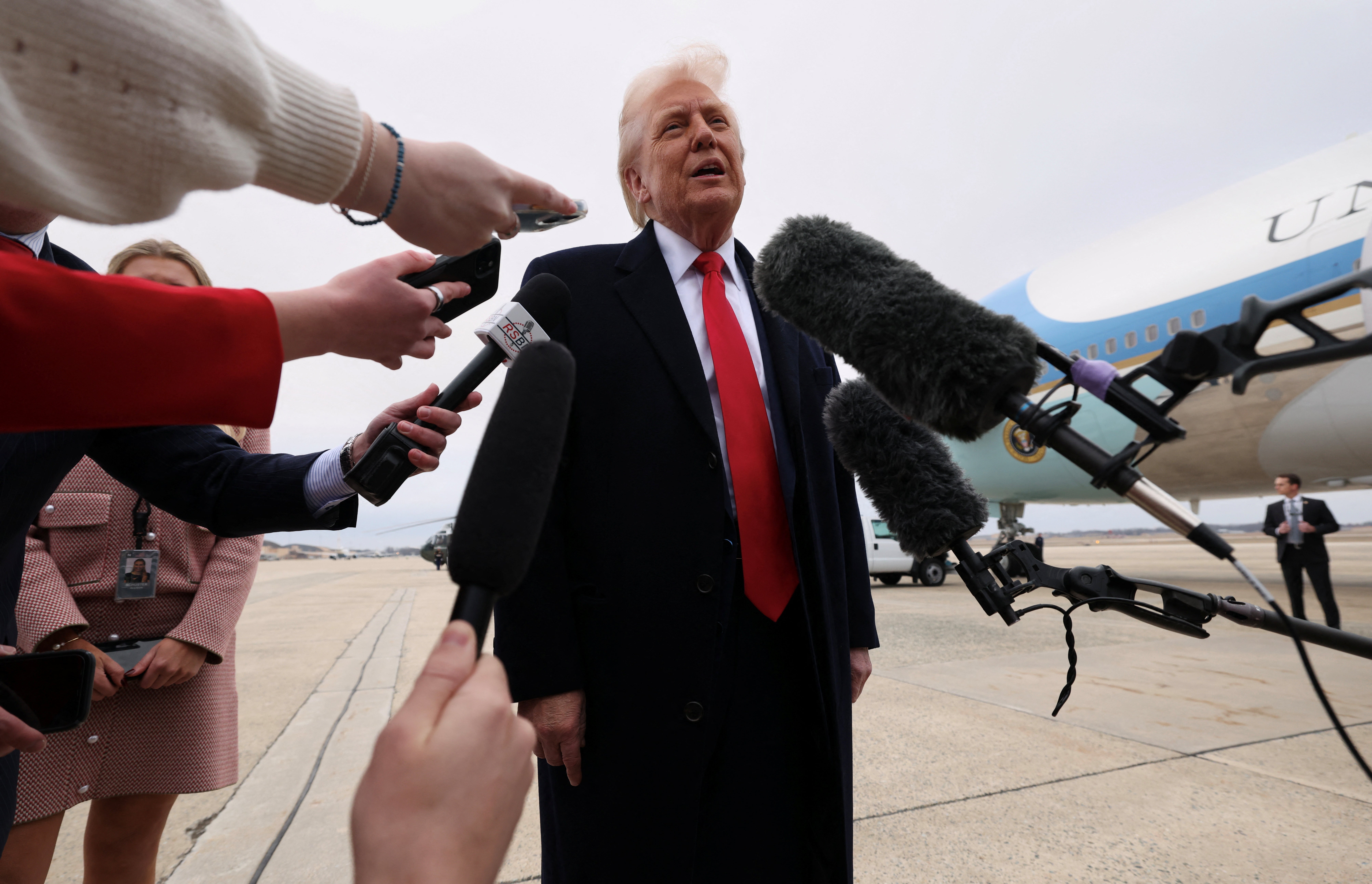Nearly half of Americans think they can’t get approved for a credit card, mortgage or car loan, according to a new report.
Over 46 percent of Americans worry they won’t be approved to obtain credit, according to a survey by the Federal Reserve Bank of New York released Monday. Meanwhile, 8.5 percent of Americans reported not applying for credit (despite needing it) because they didn’t think they’d be approved — the highest percentage reported since the survey began 12 years ago.
The average likelihood of someone being able to come up with $2,000 if an unexpected expense came up within the next month also dropped to 62.7 percent, a new series low, according to the survey.
This comes as fears of a recession grow, in part due to President Donald Trump’s trade wars with Canada and Mexico.
Fifty-six percent of Americans say they disapprove of Trump’s handling of the economy, according to last week’s CNN/SSRS poll, a figure worse than any recorded during his first term.
Another 70 percent of Americans said his tariffs will drive up the price of living, and more than half believe the president is too “erratic” with his trade policies, a Reuters/Ipsos poll from earlier this month shows.
Meanwhile, consumer sentiment hit its lowest point since November 2022, according to a survey from the University of Michigan, attributable to “the high level of uncertainty around policy and other economic factors.”
“Frequent gyrations in economic policies make it very difficult for consumers to plan for the future, regardless of one’s policy preferences,” Surveys of Consumers Director Joanne Hsu said in a statement.

Economist Carl Weinberg of High Frequency Economics told CBS News the results are "a reflection of the Great Uncertainty around the economic policies put forward by the Trump administration.”
"Consumer spending may become restrained by caution until the Trump economic agenda becomes clear,” he added.
But the White House argues Trump has delivered “historic job, wage, and investment growth in his first term, and is set to do so again in his second term.”
“Since President Trump was elected, industry leaders have responded to President Trump’s America First economic agenda of tariffs, deregulation, and the unleashing of American energy with trillions in investment commitments that will create thousands of new jobs,” White House spokesperson Kush Desai said in a statement to The Independent.
While the U.S. isn’t in a recession right now, experts say it’s best to prepare beforehand in case trouble strikes.
Kyle Newell, certified financial planner and owner of Newell Wealth Management, previously told Time that people should ramp up their savings to prepare for potential layoffs — which often go hand-in-hand with recessions.
“We want to make sure [people] have enough cash reserves, hopefully without having to touch a 401(k), or anything of that nature, to live,” Newell told the magazine.
The Independent has contacted the White House for comment.
Trump rebuked by SCOTUS chief justice for call to impeach deportation flights judge
Putin agrees to pause strikes on Ukraine’s energy targets in Trump call
Ukraine-Russia war latest: Putin agrees energy targets ceasefire if US ends aid
What happens if Trump continues to defy court orders?
The View’s Sunny Hostin corners Schumer for siding with GOP: ‘I think you caved’
Venezuelan barber deported by Trump administration is not a gang member, family say







